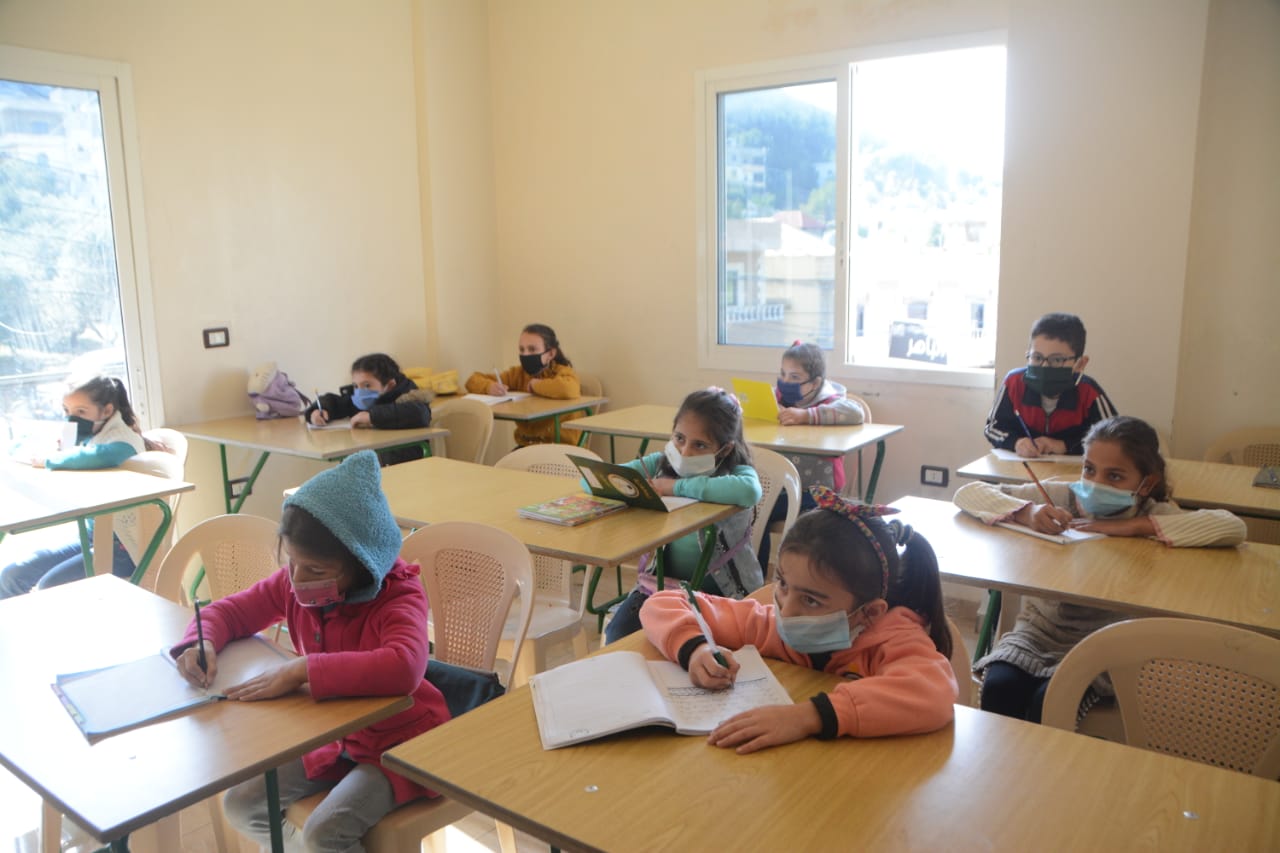Poland does not forget about the residents of Lebanon and Syrian refugees that were given shelter by their neighbours
18.01.2021
In 2020, the Lebanese faced more challenges and problems than people living in other countries in the world. The COVID-19 pandemic and its effects have aggravated the economic crisis that Lebanon has been engulfed in since 2019.

A sharp increase in prices, including food prices, the collapse of Lebanon’s currency, rising unemployment, a lack of future prospects – these are the problems the majority of Lebanese people and refugees living in the country are struggling with every day. In 2020, the Polish Center for International Aid (Polskie Centrum Pomocy Międzynarodowej, PCPM), thanks to Polish Aid funds, carried out humanitarian aid projects to help the most vulnerable residents of Lebanon. Last year, assistance for Syrian refugees and the poorest inhabitants of Lebanon was focused on preparing them for winter conditions and offering health care for refugees in the north of the country, as well as providing living quarters and improving access to education.
Winter in Lebanon brings most of all heavy rainfalls. It is no coincidence that in Lebanese Arabic, the same word is used for “rain” and “winter”. Heavy downpours that may last for days cause local flooding, and threaten to deluge not only streets, but also houses, garages where poor people live, farmland, and tent camps erected on arable land. The risk of such flooding can be reduced provided that drainage ditches and canals are cleared before winter comes.
Infrastructure actions
Responding to the needs expressed by local governments, the Polish Center for International Aid, in cooperation with municipalities in northern Lebanon, organised a public works programme that recruited the Lebanese and Syrians. Thanks to Polish Aid funds, 172 people from five municipalities cleared over 107 kilometres of drainage canals. The workers were not only involved in actions benefiting their communities, but they were also offered a source of income, which is increasingly difficult to find in crisis-stricken Lebanon.
Access to medical care
The year 2020 showed us, the residents of Europe, that life without an easy access to a doctor can be a real challenge. But for many Syrian refugees living in tent camps far from main villages, access to health care has never been easy. Thanks to Polish Aid, a mobile doctor’s surgery has been operating in the Akkar governorate in northern Lebanon for many years. In 2020, it provided over 3,100 medical consultations. Both the mobile surgery and the in-patient clinic in Al-Bireh – where over 7,400 visits were conducted – are adapted to the COVID-19 pandemic conditions, using personal protective equipment and promoting safe hygiene practices.
Safety
The cost of living in Lebanon has never been low, but last year it increased even more due to the economic crisis. With a high level of unemployment and depleted savings, tens of thousands of families were faced with a dramatic choice of what to spend their meagre funds on, or how to survive without any source of income. For every family, one of the most important needs is to have a safe haven. Syrian refugees face similar dilemmas – the vast majority of the refugees living in Lebanon rent flats, garages or other spaces adapted to accommodation.
Additionally, to help the people prepare for wintertime, a one-off financial aid was given to 100 most vulnerable families that have no income-generating opportunities (in particular the elderly and people struggling with health problems). The money enabled them to pay for fuel oil used to heat their houses throughout the winter season.
Last year saw a dramatic increase in the number of evictions due to tenants’ deteriorating financial situation. To reduce the risk for the people to lose their homes, and to ensure them relative stability, the PCPM used Polish Aid funds to provide over 450 families from the Akkar governorate and the Beirut conurbation with financial aid for rental charges. The PCPM staff paid visits to beneficiaries of the programme, and during the pandemic and the ensuing restrictions on fieldwork – they kept in touch with the families by phone. The regular rental charges were an additional stable income for landlords, who also struggle with the aftermath of the economic crisis.
Education
Another key need for Syrian youth is access to education. For years, the PCPM has been cooperating with a local organisation from Al-Bireh, where the Educational Centre operates thanks to Polish Aid funds. At the centre, children can revise what they learnt in public schools, particularly the material they struggle with, and broaden their knowledge under the tutelage of teachers. In 2020, the Educational Centre suspended its activities for a few months due to the pandemic, and remote teaching proved to be practically impossible as refugee families do not have access to the Internet and electronic devices. Despite these problems, over 400 children took part in remedial classes, and 268 young people completed vocational training courses, such as the basics of electricity, nursing, hairdressing, and sewing.
The PCPM also organised specialist training courses for representatives of local governments in the Akkar governorate, helping them to manage investments and budgets in their municipalities more efficiently. This is particularly important during the current crisis which is also made manifest in a serious underfunding of local governments.
Prepared by the Polish Center for International Aid
Photos (10)
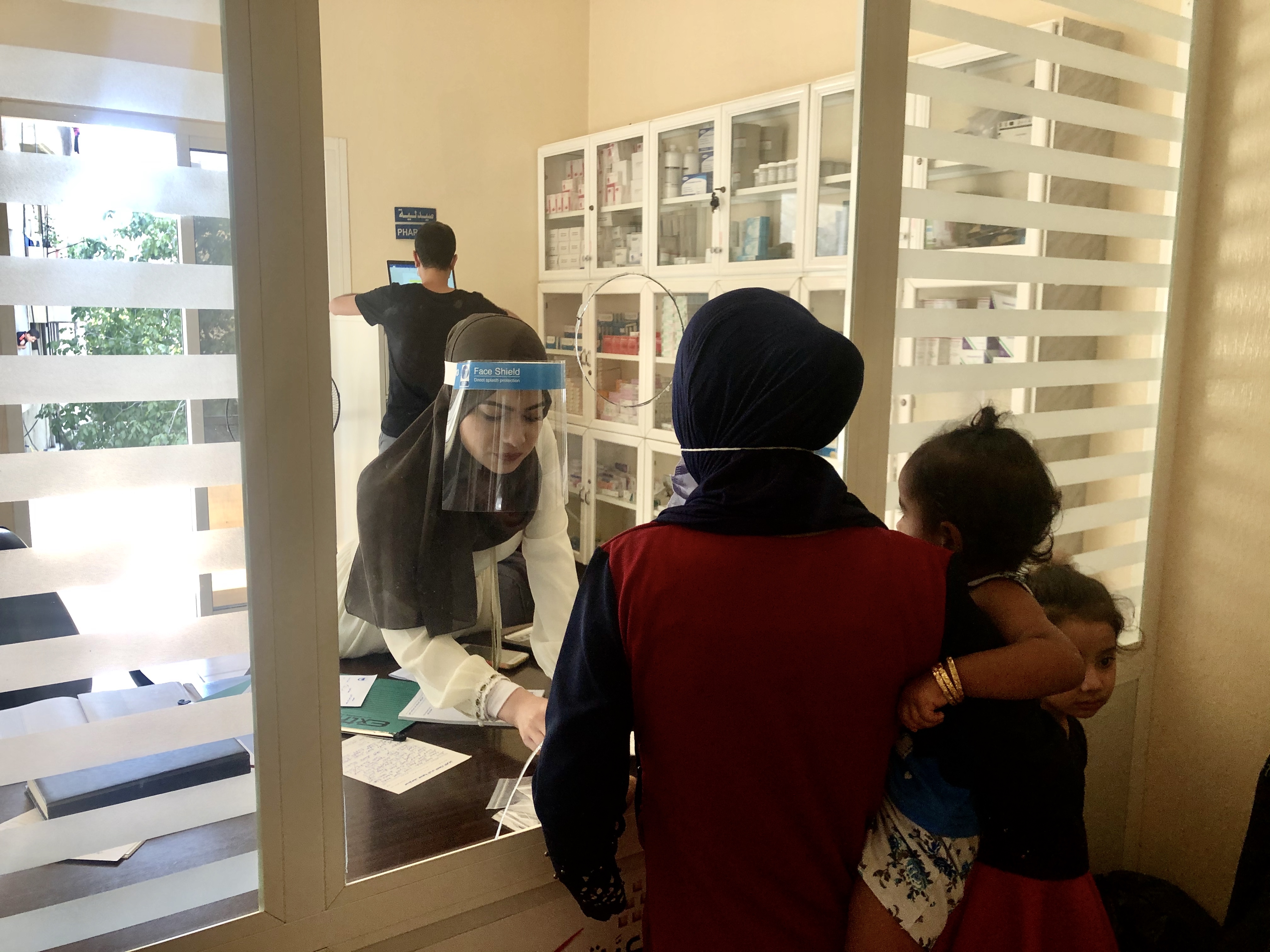 Display photo 2 in the gallery.
Display photo 2 in the gallery.
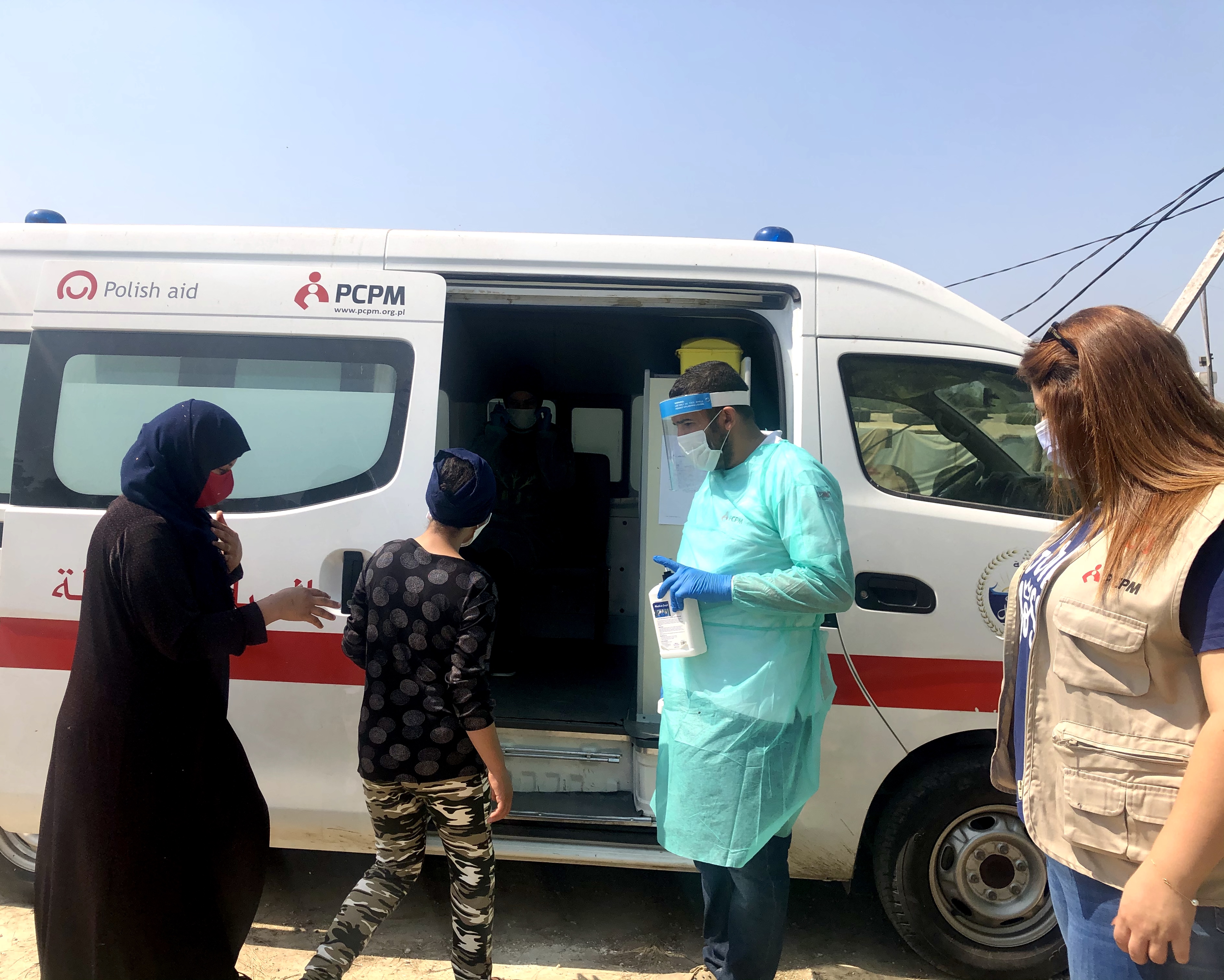 Display photo 3 in the gallery.
Display photo 3 in the gallery.
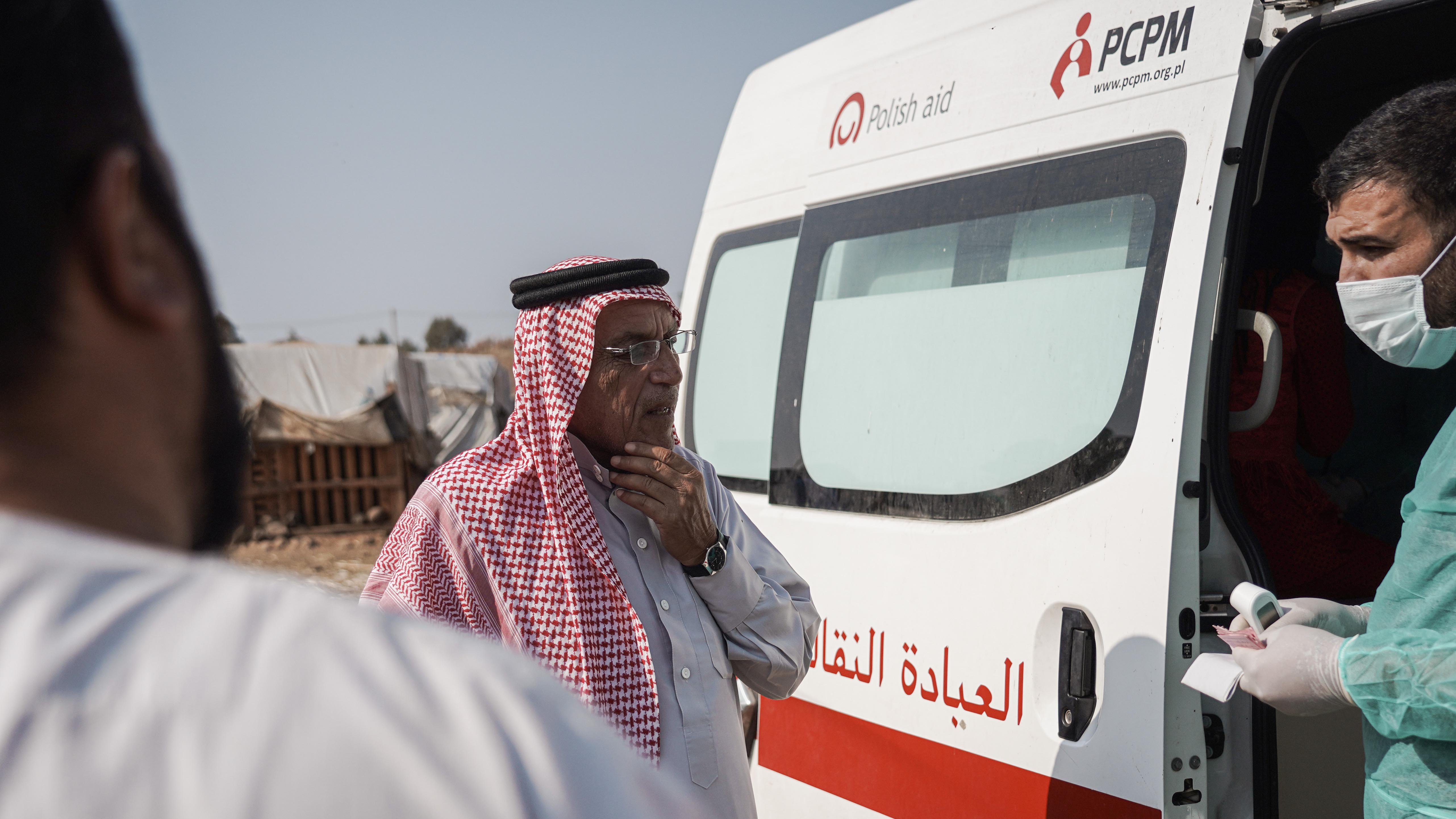 Display photo 4 in the gallery.
Display photo 4 in the gallery.
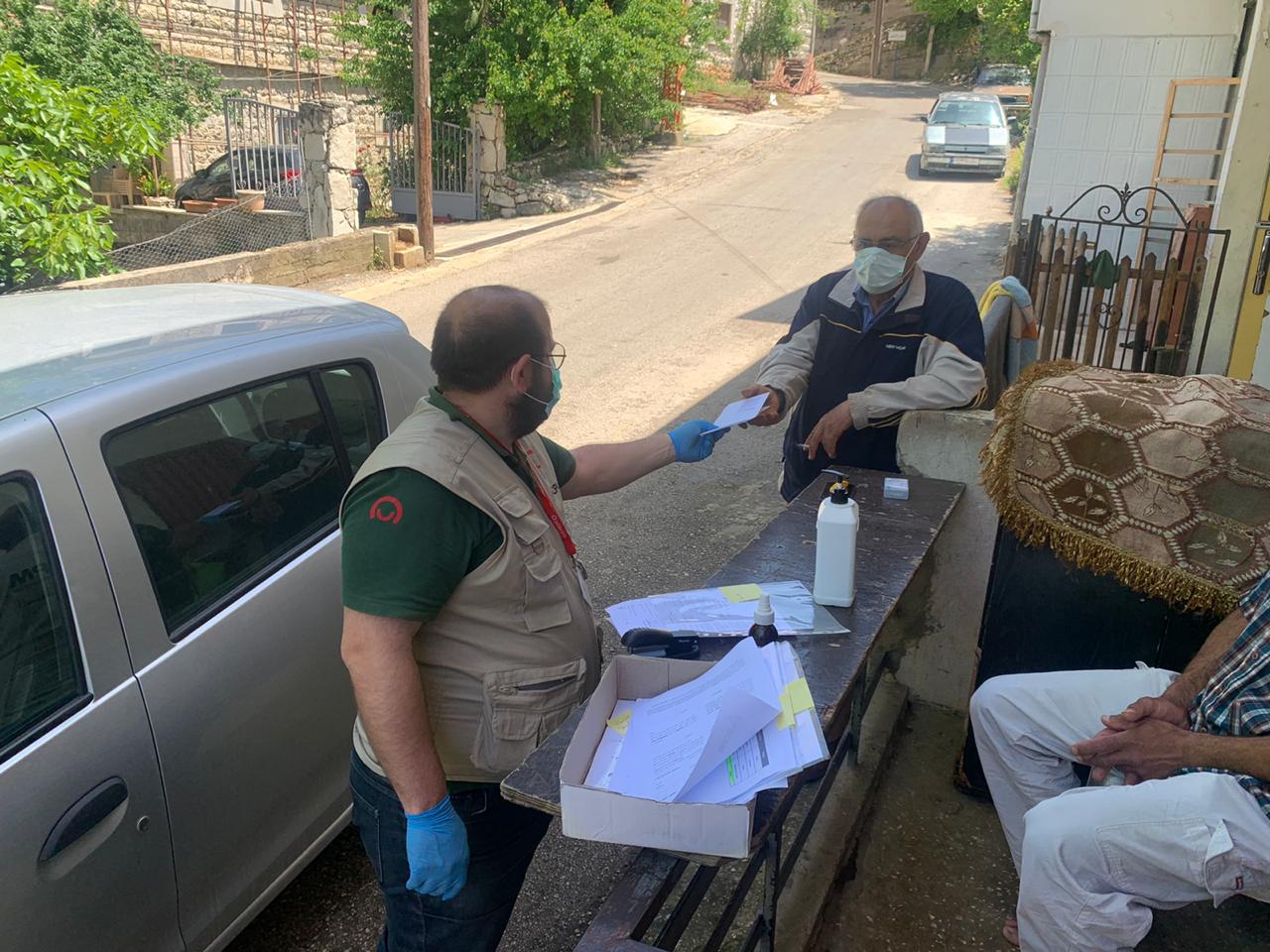 Display photo 5 in the gallery.
Display photo 5 in the gallery.
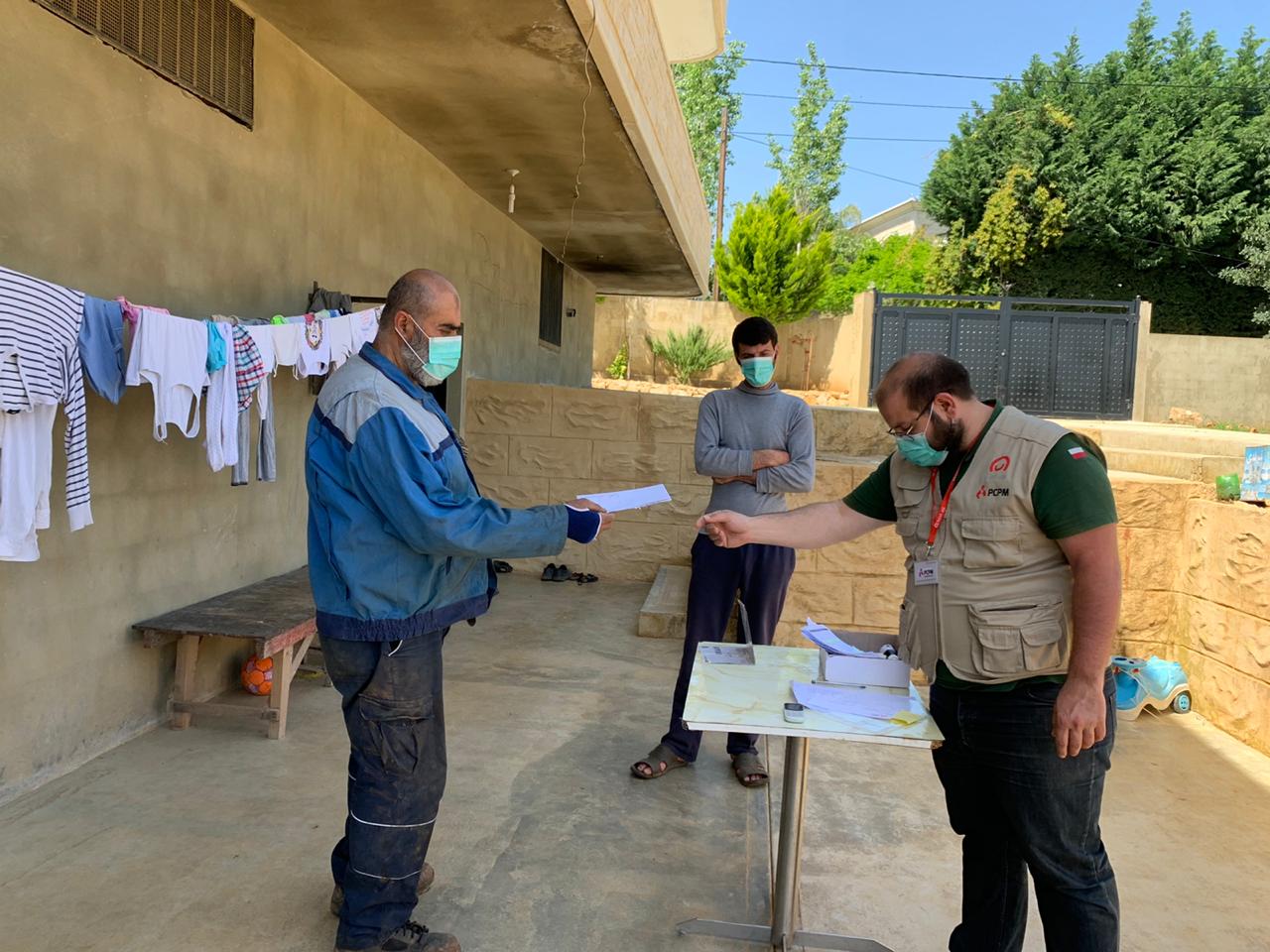 Display photo 6 in the gallery.
Display photo 6 in the gallery.
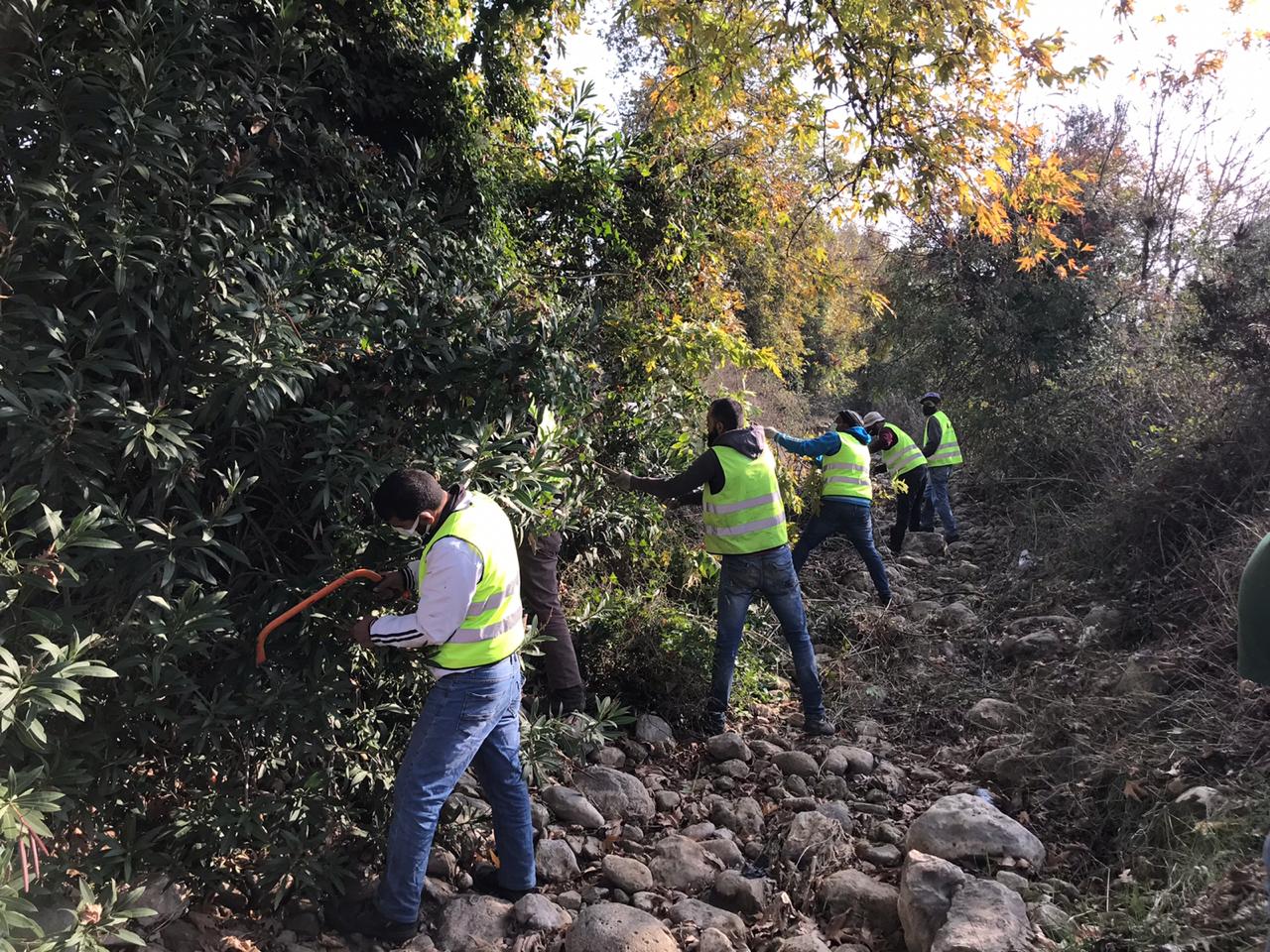 Display photo 7 in the gallery.
Display photo 7 in the gallery.
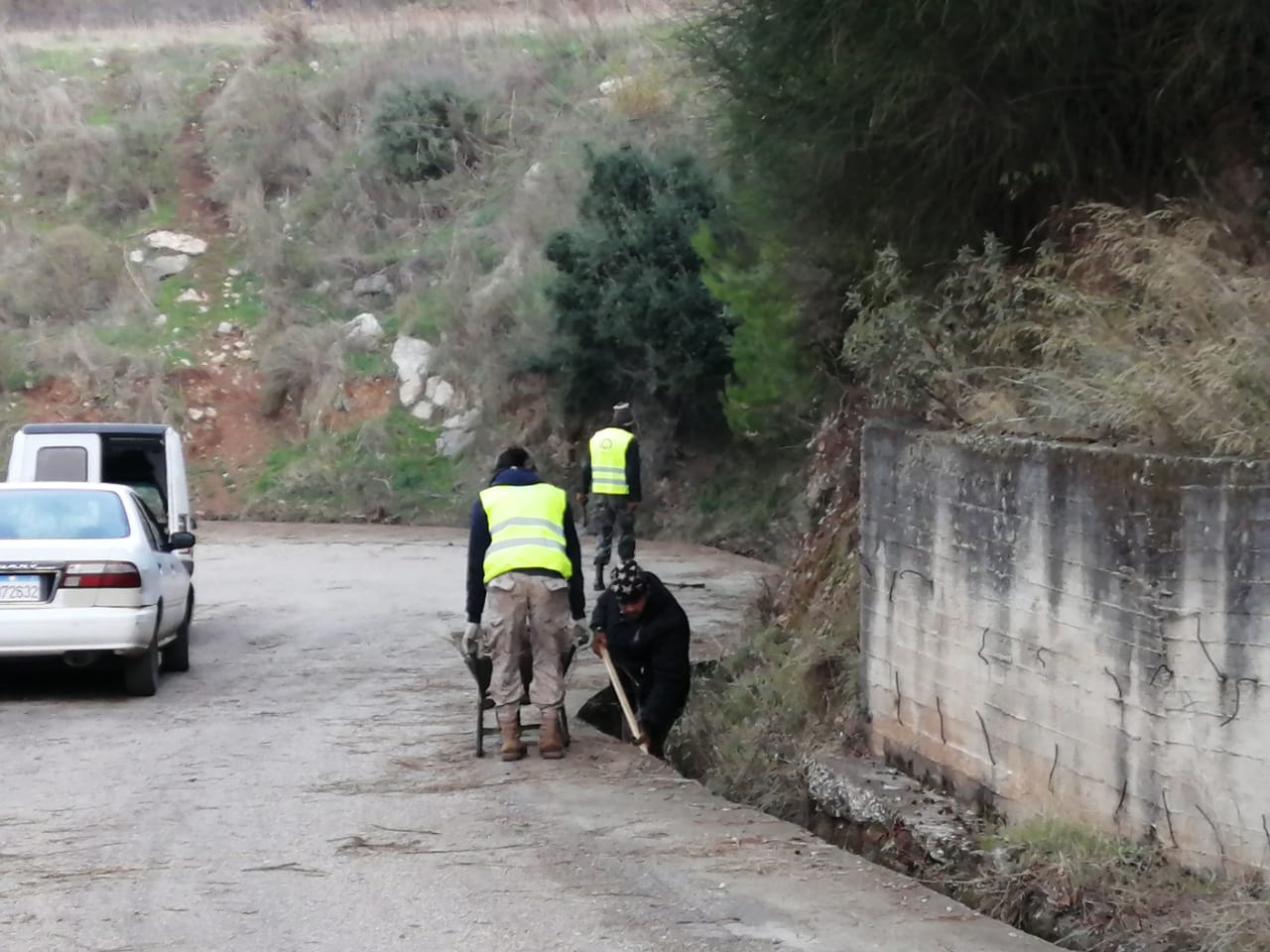 Display photo 8 in the gallery.
Display photo 8 in the gallery.
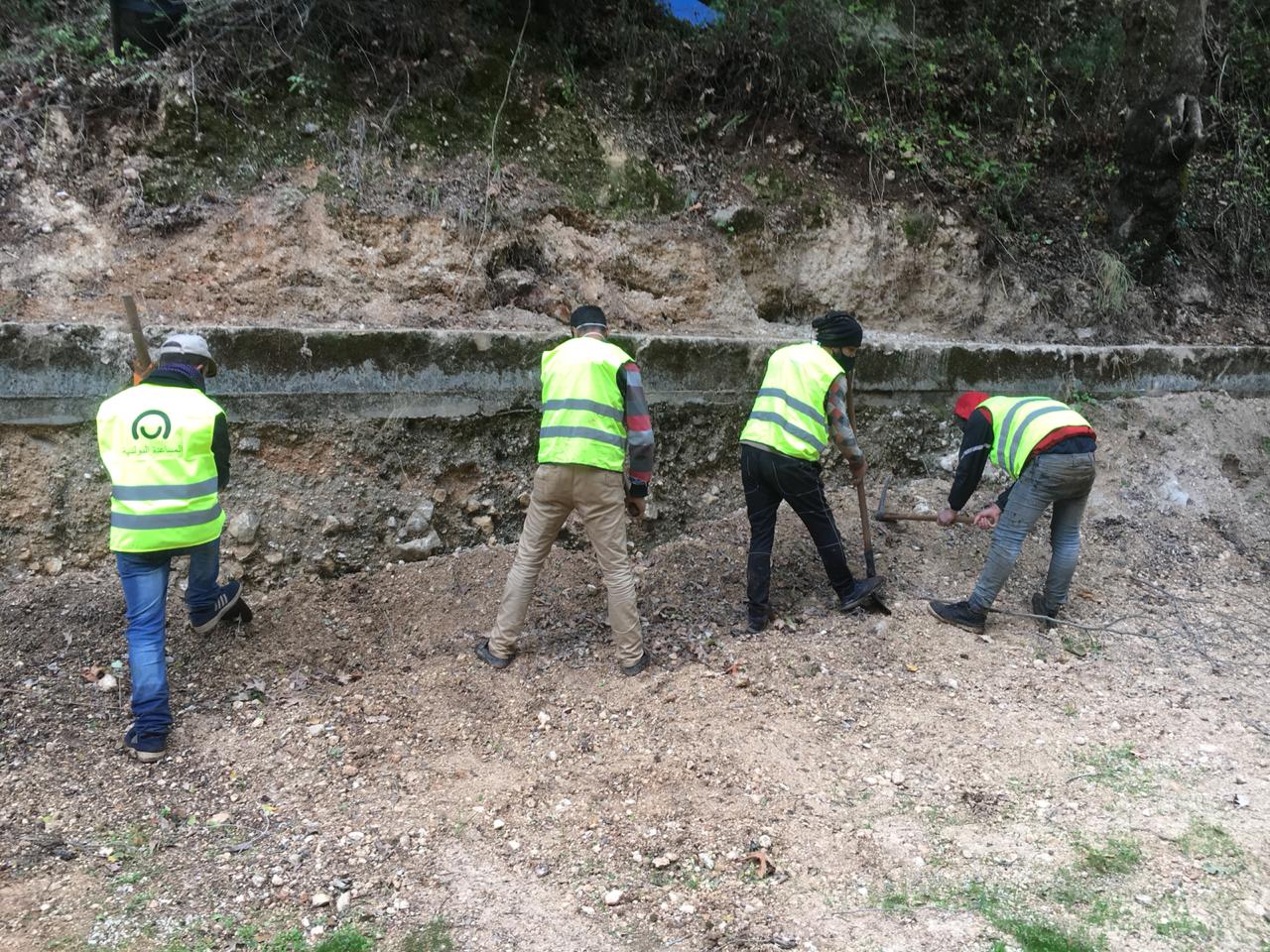 Display photo 9 in the gallery.
Display photo 9 in the gallery.
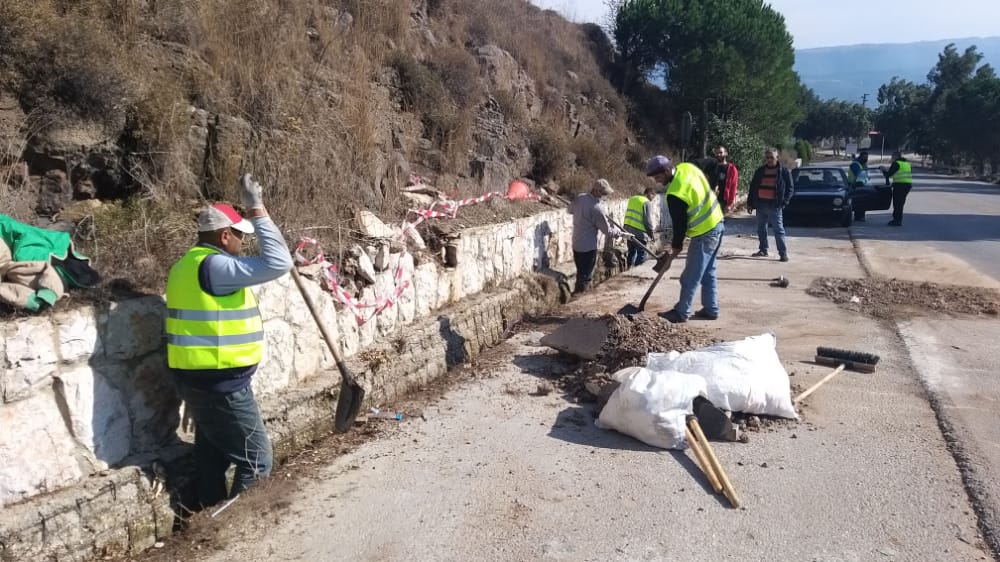 Display photo 10 in the gallery.
Display photo 10 in the gallery.
